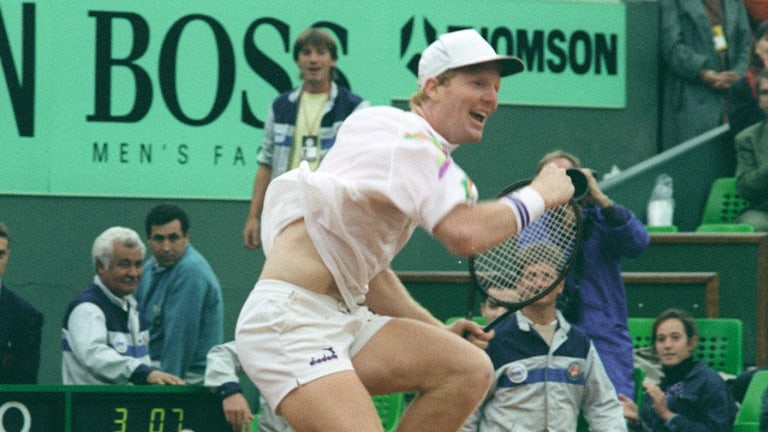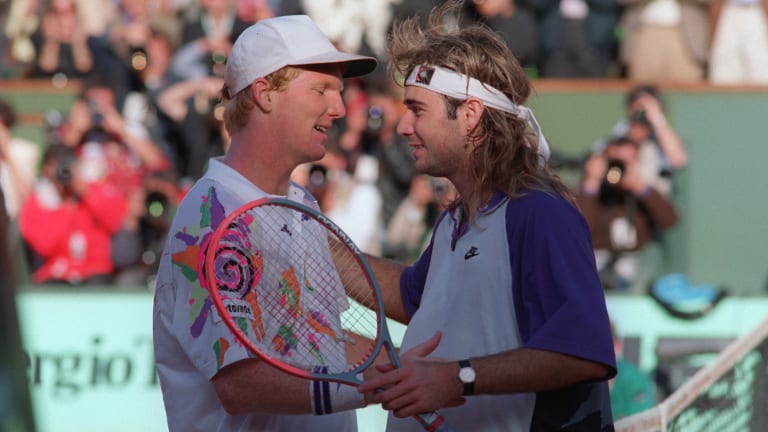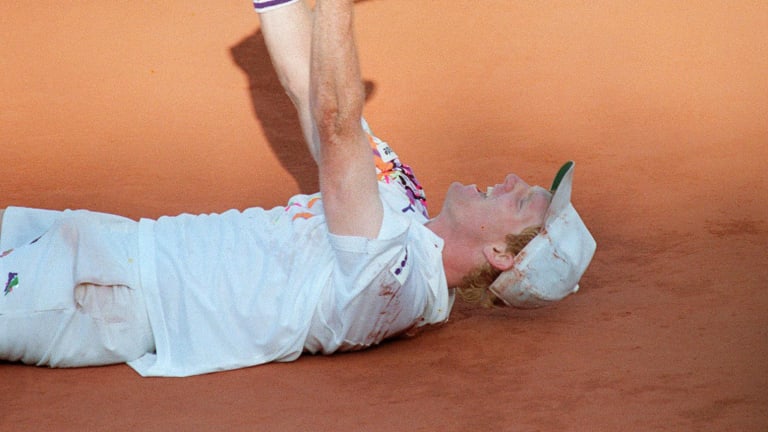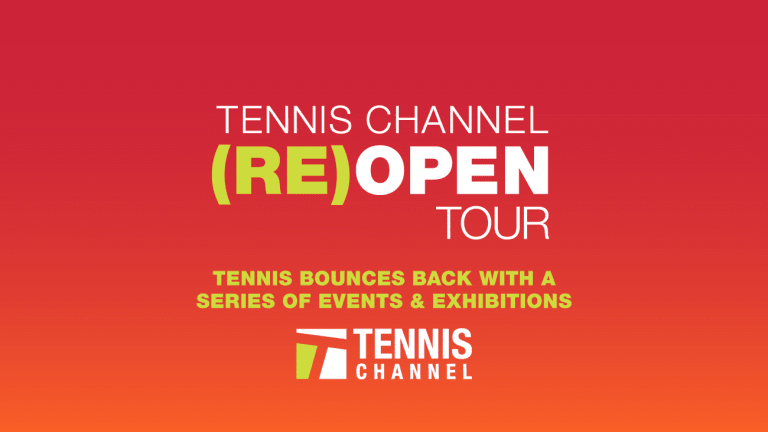Roland Garros
Roland Garros ruminations: Jim Courier's back-to-back French Open wins
By May 29, 2020Roland Garros
Was the Carlos Alcaraz-Jannik Sinner Roland Garros match the best ever played?
By Jun 13, 2025Roland Garros
Who were the winners and losers at 2025 Roland Garros?
By Jun 09, 2025Roland Garros
Carlos Alcaraz and Jannik Sinner played the match of the decade, and maybe the century, at Roland Garros
By Jun 09, 2025Roland Garros
PHOTOS: Carlos Alcaraz captivates Chatrier with trademark joy after improbable Roland Garros title defense
By Jun 09, 2025Roland Garros
Carlos Alcaraz saves three match points, tops Jannik Sinner in longest Roland Garros final of Open Era
By Jun 08, 2025Roland Garros
Aryna Sabalenka clarifies controversial Coco Gauff claim: "Can't pretend it was a great day"
By Jun 08, 2025Roland Garros
Coco Gauff counters Aryna Sabalenka's Roland Garros claim by saying she 'wanted' Iga Swiatek in final
By Jun 08, 2025Roland Garros
2025 Roland Garros men's final preview: Carlos Alcaraz vs. Jannik Sinner
By Jun 07, 2025Roland Garros
PHOTOS: Coco Gauff celebrates Roland Garros title with parents, toasts champagne at Tennis Channel set
By Jun 07, 2025Roland Garros ruminations: Jim Courier's back-to-back French Open wins
Even though his bid for a hat trick fell short in the 1993 final, the American will always cherish his memories of the clay-court Slam. "It was where it all started," he says.
Published May 29, 2020
Advertising

Roland Garros ruminations: Jim Courier's back-to-back French Open wins
Advertising
Advertising

Roland Garros ruminations: Jim Courier's back-to-back French Open wins
© AFP via Getty Images
Advertising
Advertising

Roland Garros ruminations: Jim Courier's back-to-back French Open wins
Advertising

Roland Garros ruminations: Jim Courier's back-to-back French Open wins